| S.No | Subject | Volumes | Titles |
| Humanities and Sciences | |||
| 1 | Education | 3279 | 1700 |
| 2 | English | 4041 | 2926 |
| 3 | Mathematics | 7507 | 3855 |
| 4 | Physics | 2646 | 1610 |
| 5 | Chemistry | 2012 | 1090 |
| 6 | Commerce and Management | 11107 | 8260 |
| 7 | General & Humanities | 11232 | 8878 |
| 8 | Law | 18827 | 16298 |
| Engineering | 0 | 0 | |
| 9 | Chemical Engineering & Bio-Technology | 7703 | 5282 |
| 10 | Civil Engineering | 7195 | 3243 |
| 11 | Computer science Engineering and I.T | 23982 | 12464 |
| 12 | EEE, ECE & EIE | 19498 | 7577 |
| 13 | Mechanical Engineering | 10283 | 4289 |
| Total (Print Books) | 129312 | 77472 | |
| E-Books | 185757 | 185757 | |
| Grand Total | 315069 | 263229 |
Periodicals Subscription Print Version – 260 (Journals -168 ; Magazines - 92) Details of Journals available in Library
| S.No | Subject | No. of Journal | No. of Magazine | Total |
| Education | 2 | 1 | 3 | |
| Physics | 4 | 2 | 6 | |
| Chemistry | 4 | 2 | 6 | |
| Mathematics | 4 | 1 | 5 | |
| Biology/Biotechnology | 9 | 3 | 12 | |
| Computer Science | 30 | 5 | 35 | |
| General | 9 | 22 | 31 | |
| Total | 62 | 36 | 98 |
Details of Online Subscription
e-Journals
| S.No. | Database Name | Education | Maths | Physics | Chemistry | Language & Linguistics |
| Springer Journals | 92* | 169* | 110* | 154* | - | |
| Science Direct | - | 99* | - | - | - | |
| Oxford University Press | - | 11 | 3 | - | 12 | |
| Institute of Physics | - | - | 76 | - | - | |
| American Physical Society | - | - | 14 | - | - | |
| American Chemical Society | - | - | - | 47* | - | |
| Total | 92 | 279 | 203 | 201 | 12 |
e-Books
| S.No. | Database Name | Education | Maths | Physics | Chemistry | Language & Linguistics |
| Springer e-Books | 251** | 924* | 1265* | 1370* | - | |
| eBrary e-books | 8587 | 5335 | 2769 | 2381 | 6390 | |
| Total | 8838 | 6259 | 4034 | 3751 | 6390 |
Note: * represents package collection as detailed below:
| S.No. | Database Name | Subjects Covered | No. of Journals |
| Springer | Education | 92 | |
| Springer | Maths & Statistics | 169 | |
| Springer | Physics & Astronomy | 110 | |
| Springer | Chemistry & Material Sci. | 154 | |
| Science Direct | Mathematics | 99 | |
| American Chemical Society | Chemical Engineering | 47 |
** 251 Springer e-books covers both Education and Language & Linguistics which are included in package Humanities , Social Sciences & Law for the copyright year between 2005 and 2007. Details of Encyclopedia available in Library
| S. No. | Subject | No of Encyclopedia |
| 1. | Education | 110 |
| 2. | Britannica | 45 |
| 3. | New Standard Encyclopedia | 20 |
| 4. | McGraw Hill Encyclopedia of science and technology | 27 |
| 5. | Engineering & Other Subject Encyclopedia | 746 |
| TOTAL | 948 |
Compact Discs: 10324
Audio Cassettes: 71

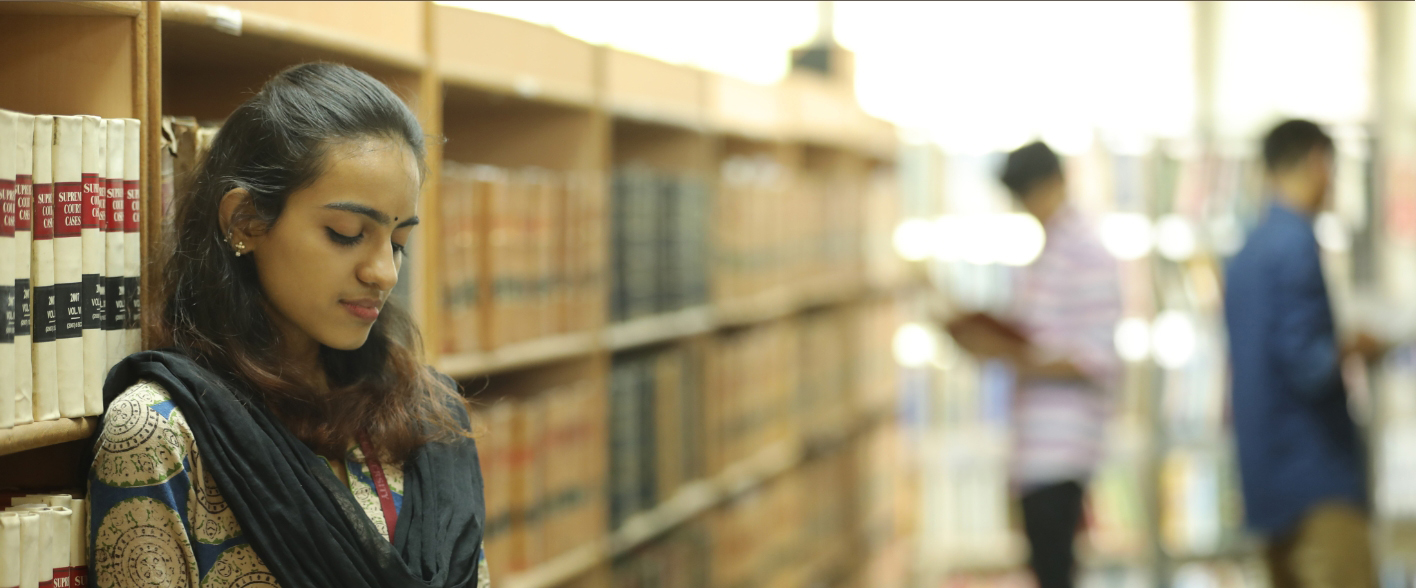

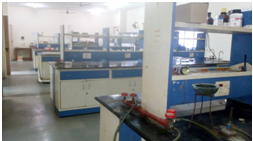
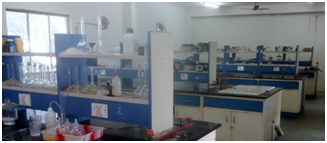
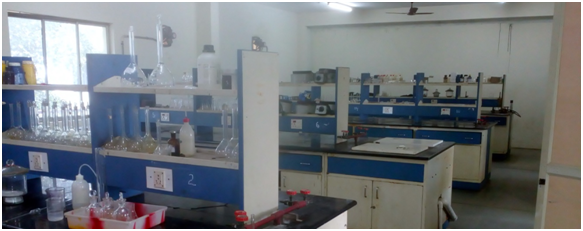


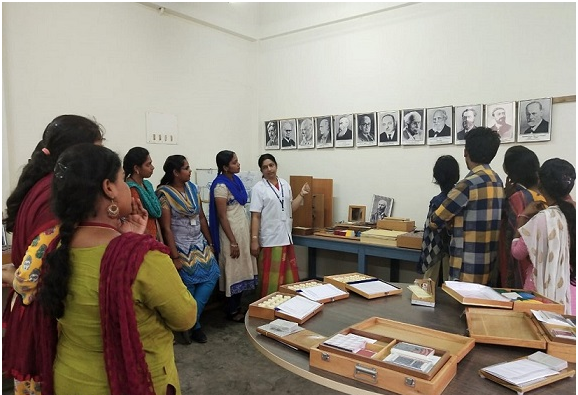
 sastra.edu
sastra.edu